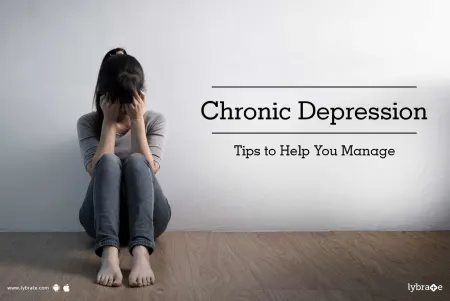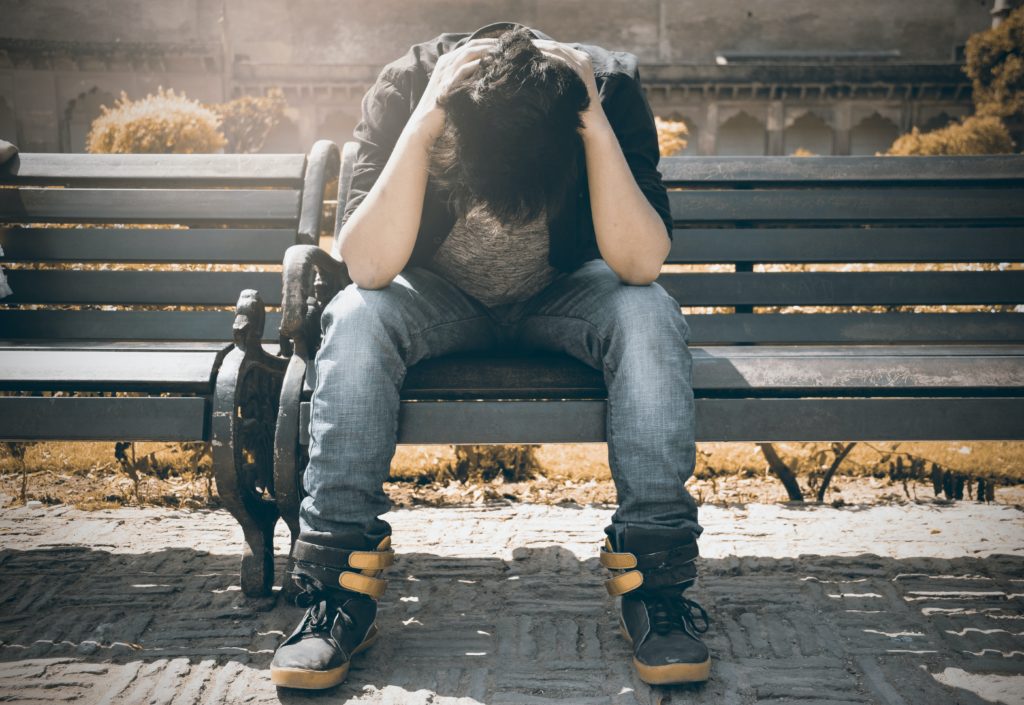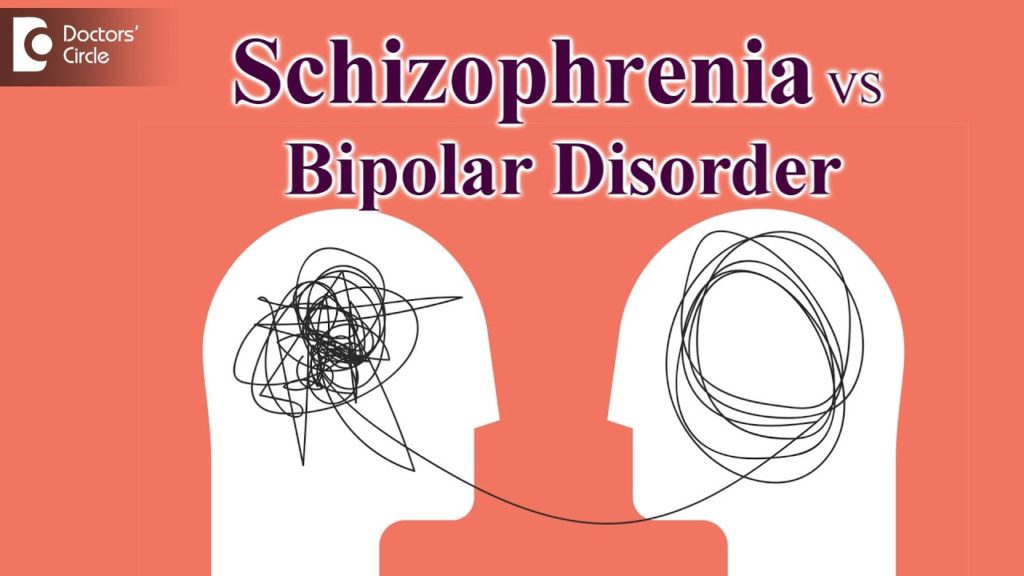
Depression is a serious illness that can greatly affect your quality of life, but it doesn’t have to. Here are some simple steps you can take to treat depression naturally without medications and regain control over your life.
Get Active
- Exercise can help you sleep better.
- Exercise can help you feel better about yourself.
- Exercise can help you feel less depressed.
- Exercise can help you feel more confident.
Exercise can help you feel more relaxed, which will make it easier to get out of bed in the morning and tackle your day head-on with a smile on your face!
Take a Time Out
One of the best ways to treat depression naturally is by taking time out. If you are feeling depressed and stressed, take a break from the situation by going for a walk, or taking a nap.
You could also try getting away from the situation, even if it’s just for a few minutes.
Try to do something that makes you happy as well as helps you relax.
Find a way of distracting yourself from what is bothering you or making you feel down.
Reach Out
To start with, the best way to treat depression naturally is to reach out.
Talk about how you’re feeling with someone you trust, whether that be a friend, family member or even a professional.
When it comes to seeking professional help, there are many different options available: talking to a psychologist or therapist is one option; calling your doctor and asking for medication evaluation is another; using social media like Facebook and Twitter as support groups can also help immensely.
The key thing here is simply reaching out in any way possible!
Eat Well Balanced Meals
The first thing to do is eat well-balanced meals.
Now, this might seem obvious, but it’s important to take the time each day (or at least every other day) to sit down and really think about what you are putting in your body.
Are you eating fresh fruit or vegetables? Are there enough proteins in your diet?
Is it possible that food sensitivities could be contributing to depression?
It can be helpful to start off by going through a food journal and noting things like how much water was consumed during the day, what types of foods were eaten (and when), etc.
Then consider whether there are any patterns that emerge.
After doing this for a few days, one might notice trends like eating very little protein at breakfast or not getting enough sleep leading up to lunchtime because they stayed up late watching TV with friends last night—these habits will probably lead back towards depression again later on if not changed right away!
Limit Alcohol and Caffeine, Which Can Aggravate Anxiety and Trigger Panic Attacks.
Alcohol and caffeine are two of the most common triggers for anxiety and panic attacks, so it’s important to limit your intake of both.
Alcohol can lead to depressive symptoms in itself, but studies have found that it also exacerbates existing problems with depression.
Caffeine has been known to cause anxiety, panic attacks, and depression—even in people who don’t usually suffer from these conditions.
Limiting your coffee or energy drink consumption is not only good for your mental health but will also help you sleep better at night!
Do Not Avoid or Mask the Symptoms of Depression.
Avoidance of the symptoms of depression can lead to more serious problems.
It is important that you try to stay with the feelings and not avoid them.
Avoidance of unpleasant feelings will eventually make matters worse when the avoidance becomes a habit.
If you’re depressed, there are things that you can do to help yourself feel better without using medications.
Avoiding depression symptoms such as low mood, sleeping problems, loss of appetite or weight loss may also lead you to have other problems such as alcohol abuse or substance abuse. If these behaviors were started because they were associated with feeling better in the short term but over time caused more harm than good.
For example: A young woman who has been struggling with lack of sleep due to stress at work decides one night while she is awake late at night watching television that she will take some Tylenol PM® (acetaminophen/diphenhydramine) so she can fall asleep easier and feel better rested in the morning.
The next day when she wakes up feeling woozy from her medication use but still tired after oversleeping all night long rather than going for an extra cup of coffee before work like usual she decides instead just push through by having extra caffeine throughout the day so no one notices how groggy she feels from being medicated all night long instead following through on your normal routine could help keep your depression under control.
Meditate
Meditation is a great way to help you focus on your breathing, which in turn can help you calm down if you’re stressed.
It also helps you relax and reduce stress, so if that’s a problem for depression sufferers, it could be the solution for them.
Meditation can also help people sleep better at night.
Practice Stress Reduction Techniques, Such as Yoga, Meditation, or Deep Breathing Exercises.
Stress reduction techniques may be helpful for those with depression.
Some people find that writing down their feelings and thoughts helps them to process their emotions more clearly.
Others prefer talking to a friend or family member, or even seeking out professional counseling.
There are many different kinds of stress reduction techniques that you can use to combat the symptoms of depression.
These include meditation, yoga, deep breathing exercises and even regular exercise.
Get Enough Rest
If you’re struggling with depression, chances are you’re not sleeping well.
The National Sleep Foundation recommends that adults get 7 to 9 hours of sleep per night, but the average American gets only 6.5 hours per night and one in three say they are too busy or have too much on their plate to get the recommended amount of shut-eye.
Make sure you’re getting plenty of rest by staying away from caffeine after 2 p.m., turning off all screens at least an hour before bedtime (especially if they emit blue light), avoiding alcohol and other drugs before bedtime, limiting yourself to two cups of coffee each day (but no more), and taking steps like reading a book—not watching TV—just before going to sleep.
If you’re having trouble falling asleep or staying asleep for long enough periods throughout the night, talk with your doctor about how best to manage your symptoms.
Treating Your Depression Naturally Without Medications
Depression is a serious mental illness, and there are many medications that can treat it effectively.
But some people don’t want to take medications or experience negative side effects from them.
Those who are not helped by antidepressants might try other treatments such as cognitive behavioral therapy (CBT), light therapy and/or nutritional supplements.
Cognitive-behavioral therapy (CBT) involves learning how to change your thoughts and behaviors in response to stressful situations in order to improve your mood and overall well-being.
For example, CBT might help you identify negative thought patterns that lead you to feel depressed or anxious during stressful times.
Then you can learn how to reframe those thoughts so they aren’t so detrimental—for example, if someone makes fun of your outfit at work one day, instead of telling yourself that no one likes what you’re wearing because they’re judging you, think of the situation differently: Maybe everyone else was just thinking about something else? Maybe they were distracted by something outside? Maybe their cat peed on their chair leg?
The next time this happens—and it will happen again—you’ll be able to remind yourself not everything really is about what we wear!
This doesn’t mean ignoring real problems; instead it means looking at things with a more positive perspective so as not.
Conclusion
Depression can be a serious illness, but it doesn’t have to rule your life.
You have the power to take action today and improve your health without relying on expensive medications or other treatments that can come with side effects.
The first step is simple: talk with your doctor about how you’re feeling so they can help you find the best treatment option for you.
Then try some of these natural remedies and exercise regularly!


